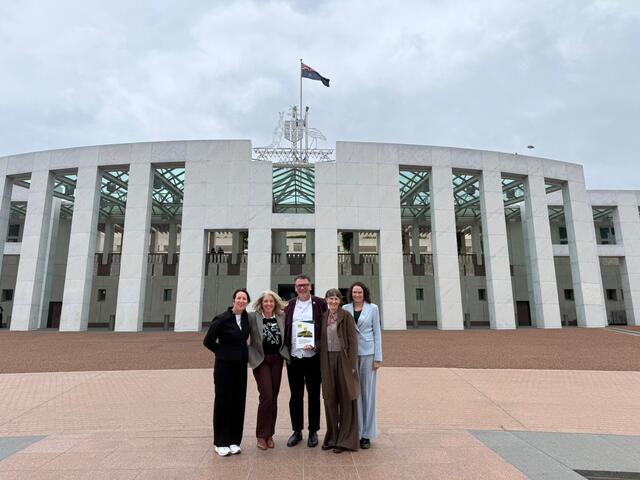A new report has revealed that NDIS application approval rates for people with psychosocial disability have dropped by nearly two-thirds in the past five years.
National alliance of leading mental health support organisations, The Australian Psychosocial Alliance (APA), have released the report which showed the drop of 62 per cent, with only 25 per cent of applications approved for this group, compared with 66 per cent of such applications at the start of the 20/21 financial year.
The declining access rate is in stark contrast to the access rate across all disabilities, which has remained relatively steady.
The reported, titled Access Denied, also highlighted a range of other troubling experiences for this group, including poor understanding of psychosocial disability and the impacts of mental ill-health, prohibitive costs associated with applications, and suggestions from non-medically qualified assessors to try inappropriate treatments.
CEO of member organisation Neami National and APA spokesperson Tom Dalton they were seeing growing inequity in access to the NDIS for people with psychosocial disability.
“It’s verging on systemic discrimination,” he said.
“While the government and NDIA have not publicly made any changes to eligibility criteria, it is quite clear there are changes behind the scenes that are affecting NDIS approvals for this group.”
The APA called for the federal government to resolve the pressing issues of psychosocial disability access to the NDIS, improve the NDIA’s psychosocial disability capability and ensure greater expert oversight, prioritising lived experience representation.
Chief executive officers of the seven APA members gathered in Canberra this week to escalate their concerns to ministers and other members of the federal parliament.
The report estimated thousands of Australians who should be eligible for support were being excluded, with opaque changes and inconsistencies in National Disability Insurance Agency processes creating logistical, cost and communication barriers, leading to inequitable outcomes.
“While we understand the need to reduce Scheme costs, this is not the way to do it and will ultimately lead to an increased burden on acute services in other areas such as health, homelessness, and unemployment.”
“It is a false economy with a human and societal cost,” Mr Dalton said.
“People who need the NDIS need the day-to-day support that the Scheme was designed for.
“The rise in rejections for access means many are missing out on necessary and impactful supports, while waitlists for already-stretched mental health services will continue to grow.
“We need to build pathways which reflect an understanding of psychosocial disability and mental health, so that everyone gets the support they need.”
While people with a primary psychosocial disability account for almost 9 per cent of current NDIS participants, they represent just 3 per cent of those successfully obtaining access to the Scheme.
The term psychosocial disability captures people with a range of mental health challenges, including schizophrenia and bipolar disorder, where that condition strongly affects their daily function, self-care and social participation.
People with psychosocial disability often have poorer physical health, lower life expectancy, experience high levels of social disadvantage and isolation, and are overrepresented in homelessness statistics. Access Denied also points to an unsustainable burden on the time of medical and other professionals as part of the application process.
In many cases, applications for single participants now involve a staggering 100 hours of professional medical and allied health input to receive NDIS support. Problems with NDIS access are compounded by the lack of other supports available outside the NDIS for people with psychosocial disability.
A 2024 government-commissioned study found major unmet psychosocial support needs across Australia.
There is also a delay in introduction of foundational supports, a proposed state-and-federal program that would provide services for people who fall outside the NDIS.
“Federal and state governments need to move now on this, because we’re seeing terrible unintended human consequences,” Mr Dalton said.
“The current situation is excluding people from the NDIS, leaving them falling through the cracks.”








